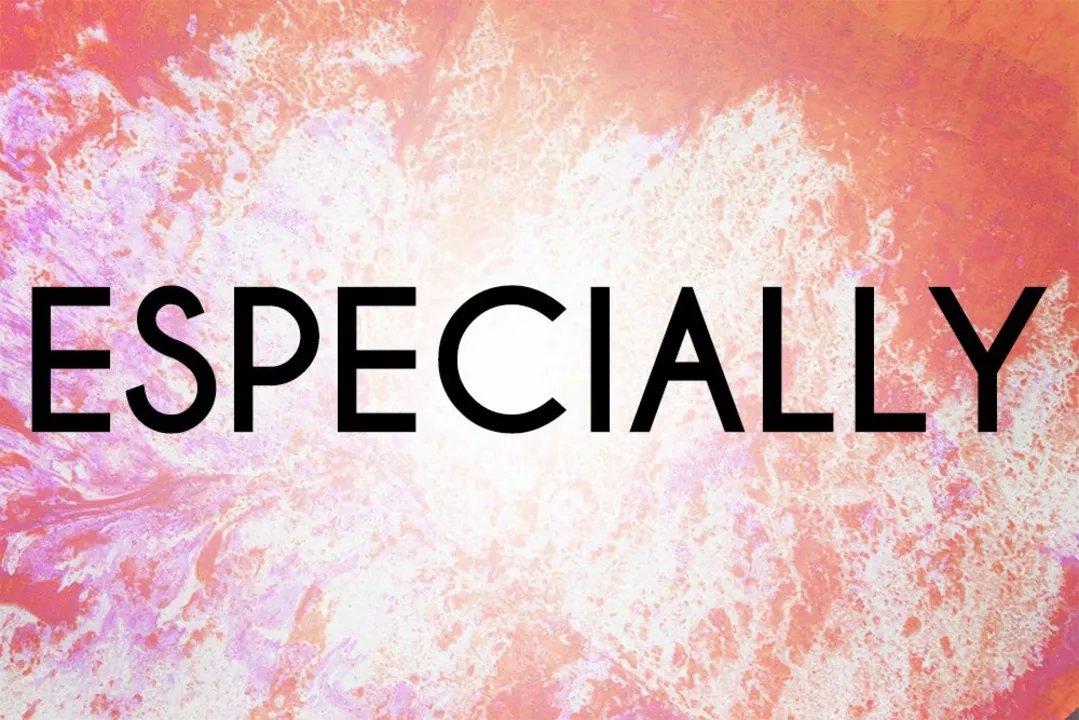The Great Data Debate: American vs. British Pronunciation
One of the most common questions people ask when it comes to the pronunciation of the word "data" is whether there is a correct way to say it. Is there a distinct American or British pronunciation that is preferred? In this section, we will explore the differences between the two pronunciations and discuss why people might choose one over the other.
As an American English speaker, I often pronounce "data" with a short "a" sound, like in "cat" (/ˈdætə/). On the other hand, British English speakers tend to use a long "a" sound, similar to "day" (/ˈdeɪtə/). While there is no definitive right or wrong way to pronounce "data," it's essential to be aware of these differences, especially when communicating with speakers from different regions.
The Origins of the Word Data and Its Pronunciation
Understanding the history of the word "data" can help shed light on why there are multiple ways to pronounce it. The term "data" has its roots in Latin, where it means "something given." Over time, the word found its way into English, where it took on its current meaning of "facts or information used to calculate, analyze, or plan something."
As the word evolved and spread across different English-speaking countries, the pronunciation of "data" began to diverge. This can be attributed to regional dialects and accents, which often influence how people pronounce particular words. In the next sections, we'll dive deeper into the factors that can impact how you say "data."
How Accents and Regional Dialects Affect Pronunciation
Accents and regional dialects play a significant role in how people pronounce words, including "data." Different regions have unique speech patterns, and these patterns can influence the way we say certain words. For example, someone from the southern United States might pronounce "data" differently than someone from the northeastern United States.
It's important to note that regional accents and dialects are not the only factors that can affect pronunciation. Personal preference, exposure to multiple accents, and the influence of people around you can all play a role in how you choose to pronounce "data."
Formal vs. Informal Pronunciation
Another aspect to consider when discussing the pronunciation of "data" is whether you're using formal or informal speech. In more formal settings, such as academic or professional environments, people might be more likely to pronounce "data" with a long "a" sound (/ˈdeɪtə/) to align with the British English pronunciation. Conversely, in casual conversations or informal settings, people might use the short "a" sound (/ˈdætə/), which is more common in American English.
Again, it's crucial to be aware of the context and audience when deciding how to pronounce "data." In some cases, you might choose to adapt your pronunciation to fit the situation, while in others, you might stick to your preferred pronunciation.
Does It Matter Which Pronunciation You Choose?
Ultimately, the question of whether it matters which pronunciation of "data" you choose to use depends on your perspective. Some people might argue that using one pronunciation over the other could lead to misunderstandings or miscommunication. However, the reality is that most people can understand the word "data" regardless of the pronunciation used.
The key is to be aware of the different pronunciations and to consider your audience and context when deciding how to say "data." As long as you're communicating effectively and your message is clear, the specific pronunciation you use is less important.
Common Misconceptions About the Pronunciation of Data
There are several misconceptions about the pronunciation of "data" that can cause confusion. One common myth is that there is a single, universally correct pronunciation. As we've discussed throughout this article, there are multiple ways to pronounce "data," and none of them are inherently right or wrong. Instead, the pronunciation you choose will likely be influenced by factors such as your regional accent, personal preference, and the context in which you're using the word.
Another misconception is that using a particular pronunciation of "data" can indicate a person's intelligence or level of education. This is simply not true. People with various backgrounds and education levels might choose to pronounce "data" differently, and there's no inherent correlation between pronunciation and intellect.
Tips for Clear Communication When Using the Word Data
When it comes to using the word "data" in conversation or presentations, the most important thing is to ensure that your message is clear and easily understood. Here are some tips for achieving this goal:
1. Be consistent with your pronunciation: Whichever pronunciation you choose, try to be consistent throughout your conversation or presentation. This will help ensure that your audience understands what you're saying.
2. Consider your audience: If you're speaking to a group that predominantly uses a specific pronunciation of "data," consider adapting your pronunciation to match theirs. This can help foster better communication and understanding.
3. Provide context: If there's any risk of confusion, provide context for your use of the word "data" by including additional information or examples.
4. Speak clearly and confidently: Regardless of the pronunciation you choose, speaking clearly and confidently will help ensure that your message is understood.
Conclusion: Embrace the Diversity of the English Language
In conclusion, the pronunciation of the word "data" is not a one-size-fits-all situation. There are multiple ways to say it, and the choice you make will likely depend on factors such as your regional accent, personal preference, and the context in which you're using the word. The most important thing is to be aware of the different pronunciations and to strive for clear communication when using the word "data."
By embracing the diversity of the English language and respecting the various pronunciations of "data," we can foster better understanding and communication across different regions and cultures.
